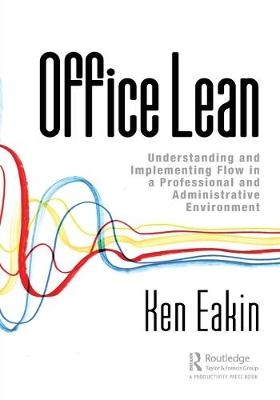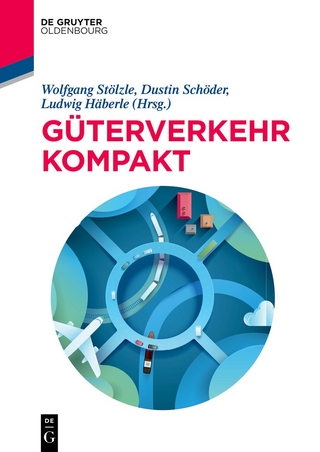
Office Lean
CRC Press (Verlag)
978-0-367-19664-6 (ISBN)
Struggling to apply Lean effectively in your office environment? Office Lean is a book for anyone who wants to apply Lean better in contexts where the work is both intangible and complex. it explains in simple terms, what Lean is -- and what Lean isn’t -- enabling office professionals to understand how it can be successfully applied to their complex office-based work environments.
Contrary to popular opinion, Lean is not only for mass manufacturing or healthcare. It applies just as much to the digital world of "knowledge work" industries such as banking and financial services, software development, and government. But the fundamental concepts, straight from the factory floor, need a fair amount of translation to be effectively applied in cube farms.
Overturning the common perception that Lean is about imposing rigid rules, or simply eliminating waste in the name of "efficiency", Eakin presents Lean as a dynamic, flexible, people-centric philosophy that delivers outstanding business results by improving employee engagement and customer experience.
Office Lean helps Lean practitioners (leaders/managers and coaches/consultants) working in professional office environments access the amazing, transformative results Lean can bring to their specific domains. It combines clear explanations of the core concepts of the Lean philosophy with relevant, practical examples from the fields of accounting, finance, insurance, IT and government.
Ken Eakin is a Senior Advisor, Operational Excellence at Export Development Canada (EDC), a government-owned financial services company that runs on commercial principles. Based in Ottawa, Ken has been a Lean coach to EDC leaders at all levels, including senior executives, in the areas of Financing, Insurance, Corporate Finance, IT and Corporate Services of EDC. Prior to working at EDC, he worked as a Process Improvement Manager in the container shipping industry in Toronto, where he earned his certification as a Lean Six Sigma Black Belt. He holds an MA in Cinema Studies from the University of Wisconsin-Madison, and an MBA from the Rotman School of Business at the University of Toronto.
Introduction: We Don’t Make Widgets
PART I GRASPING THE SITUATION
1 The Legacy of Industrial Management
2 Two Types of Efficiency
3 Changing the System
PART II DESIGNING FOR FLOW
4 Understanding Flow
5 Busy Does Not Mean Productive
6 Design Principle I: Continuity
7 An Accounting Story
8 Design Principle II: Balance
9 Creating Balance
10 The CapCell Experiment
11 The Seven Gates of Hell
PART III THINKING BEYOND FLOW
12 Prerequisites to Problem Solving
13 Start with Standards
14 Using Standards to Create Flow
15 Lean Thinking and the Digital Age
16 Automation and Imbalance
17 Lean Leadership and Strategy
Conclusion: Work Is a Human System
Appendix: Value Stream, System, and Process: Understanding Three Fundamental Terms
| Erscheinungsdatum | 21.10.2019 |
|---|---|
| Zusatzinfo | 10 Tables, black and white; 40 Illustrations, black and white |
| Verlagsort | London |
| Sprache | englisch |
| Maße | 178 x 254 mm |
| Gewicht | 476 g |
| Themenwelt | Technik |
| Wirtschaft ► Betriebswirtschaft / Management ► Logistik / Produktion | |
| Wirtschaft ► Betriebswirtschaft / Management ► Unternehmensführung / Management | |
| ISBN-10 | 0-367-19664-6 / 0367196646 |
| ISBN-13 | 978-0-367-19664-6 / 9780367196646 |
| Zustand | Neuware |
| Haben Sie eine Frage zum Produkt? |
aus dem Bereich


